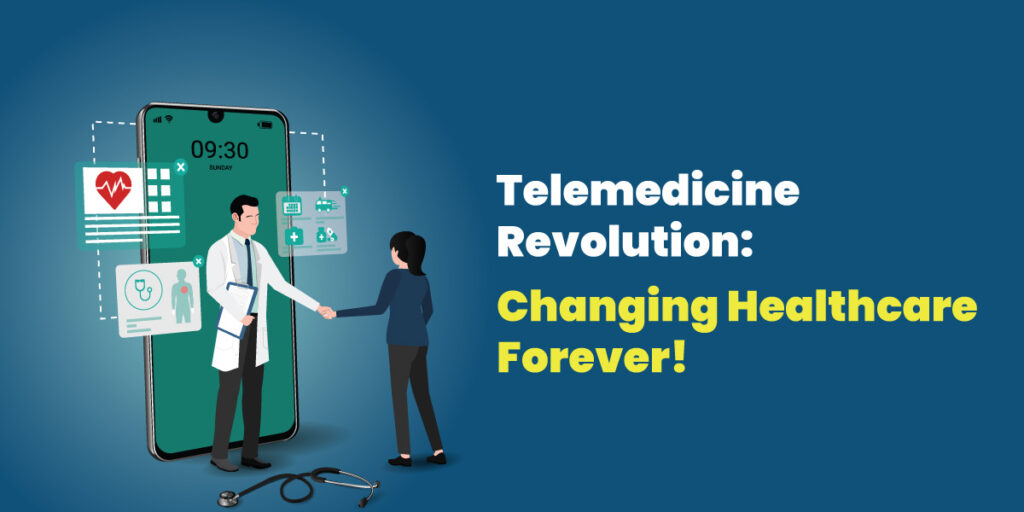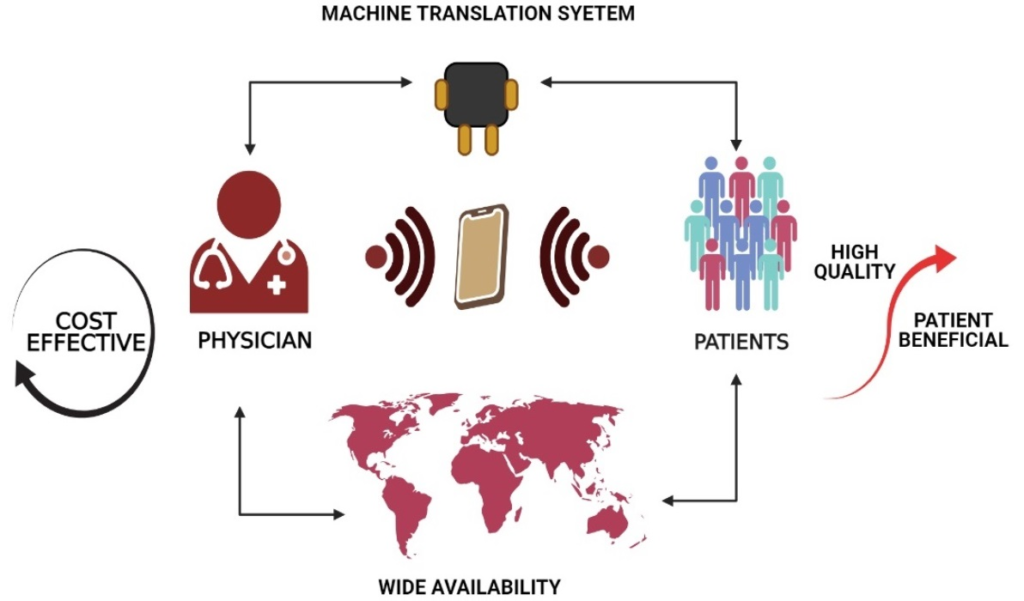
The Role of Telemedicine in Nigeria’s Healthcare Revolution: Nigeria’s healthcare system faces several challenges, including limited access to quality medical facilities, uneven distribution of healthcare professionals, and high patient-to-doctor ratios. These barriers have made access to timely and efficient healthcare difficult for many Nigerians, especially in rural and underserved areas. However, telemedicine is emerging as a game-changer, revolutionizing the healthcare landscape in Nigeria.
What is Telemedicine?
Telemedicine uses technology to provide remote medical services, bridging the gap between patients and healthcare providers. From virtual consultations to remote monitoring, telemedicine eliminates the need for in-person visits, making healthcare more accessible and convenient.
How Telemedicine is Transforming Healthcare in Nigeria
- Improved Access to Healthcare
For Nigerians in remote areas, telemedicine breaks down geographical barriers. Patients no longer need to travel long distances to see a doctor, as consultations can now be conducted via phone calls, video chats, or mobile apps. - Cost-Effective Solutions
By reducing the need for physical visits, telemedicine lowers healthcare costs for patients and saves time for healthcare providers. This affordability makes quality healthcare accessible to more people. - Efficient Management of Chronic Diseases
Telemedicine enables regular monitoring and follow-ups for patients with chronic conditions like diabetes, hypertension, and asthma. Remote monitoring devices and online consultations help patients better manage their health. - Addressing Healthcare Worker Shortages
Nigeria’s healthcare system suffers from a shortage of medical professionals. Telemedicine allows healthcare providers to extend their services to multiple patients across different locations, maximizing their impact. - Emergency Support and Health Education
Telemedicine platforms offer 24/7 access to emergency support and educational resources, helping patients make informed decisions about their health and well-being.
Challenges and the Path Forward
While telemedicine holds immense potential, there are challenges to address, such as:
- Limited internet access in rural areas.
- Low digital literacy among some populations.
- The need for policy and regulatory frameworks to guide telemedicine practices.
Investments in infrastructure, public awareness campaigns, and training programs can help overcome these barriers, ensuring telemedicine reaches its full potential.
Conclusion
The Role of Telemedicine in Nigeria’s Healthcare Revolution: Telemedicine is redefining healthcare delivery in Nigeria, making it more accessible, affordable, and efficient. By leveraging technology, telemedicine is bridging the gap between patients and healthcare providers, improving health outcomes, and empowering communities. As more Nigerians embrace telemedicine, the future of healthcare in the country looks brighter than ever.
Call-to-Action
Experience the convenience and accessibility of telemedicine today! Explore our telemedicine solutions and connect with certified healthcare professionals from the comfort of your home. Visit Wellbeing Medical now to book an online consultation and take the first step toward revolutionizing your healthcare experience.

